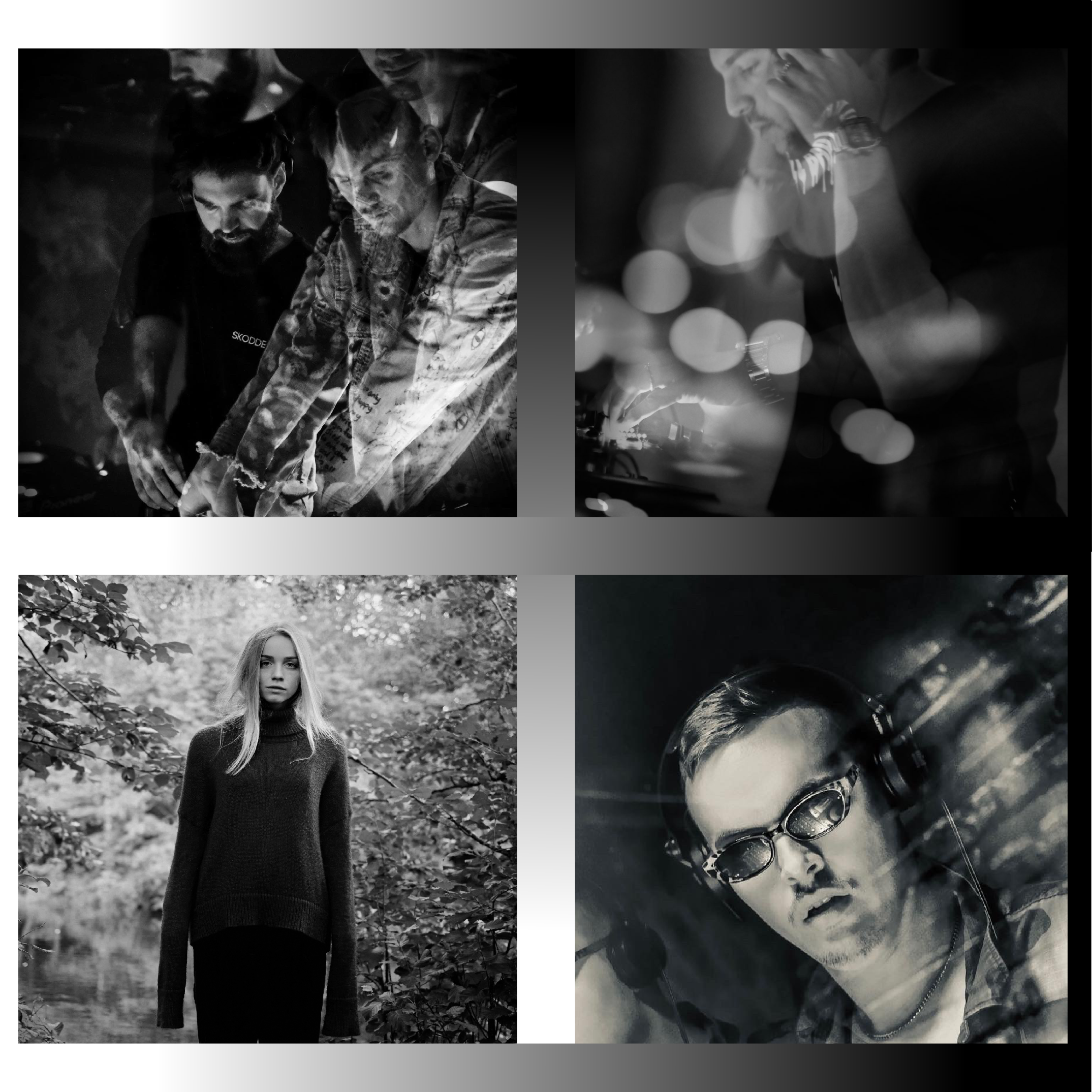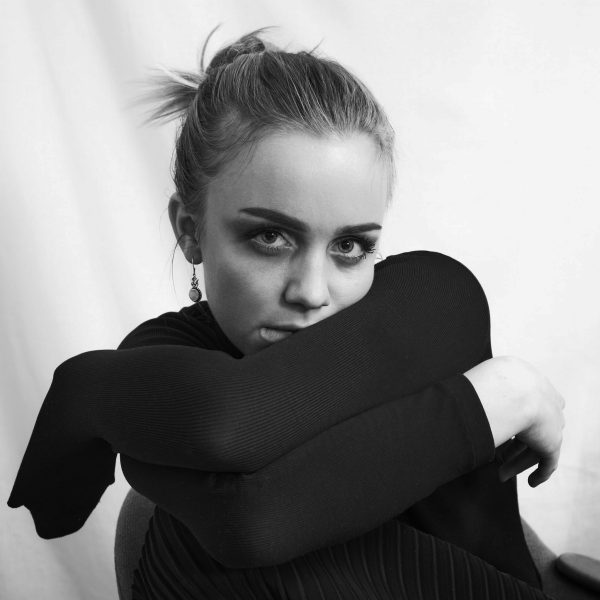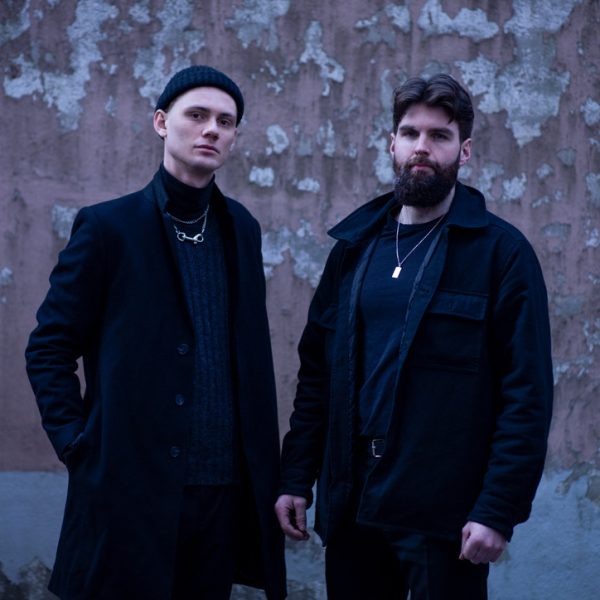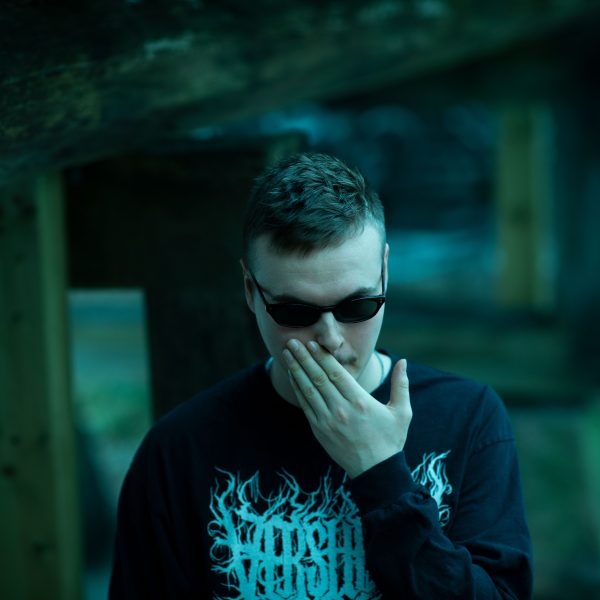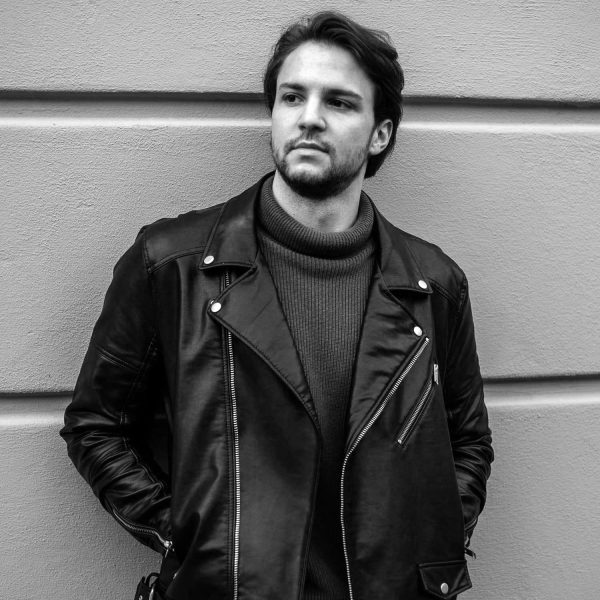In part 1 of a 2 part Q&A session we talk to Flux Collective about Techno’s current trajectory, the creation of the collective and how they arrived at Techno, individually.
It feels like we’re teetering on the precipice of something in Techno. Social media is a constant stream of DJs playing to crowds of thousands when it’s not showing queues outside of some of the world’s leading techno clubs.There are tutorials on YouTube about dressing appropriately for club nights and even mainstream TV shows are making references to Berghain (or “Ber-gain”).
It’s prevalent, and its popularity has surpassed nearly every other electronic dance music category, but as it continues to reach tendrils into popular-culture, it’s diminishing its underground affiliations in the process.
As something grown from the subterranean caverns of disused power plants and dystopian motor cities, where musical laymen re-appropriated machines to create futuristic noise, it was always supposed to be a counter culture. Its continued acquisition into mainstream culture however has seen the tawdry side of music business and popular culture eradicating much of those original values and DIY ideologies of the genre. What we’re seeing now is similar to what happened at the turn of the century for Techno, when big rooms and festival stages saw it divided.
Yet again, factions are starting to emerge with one group exploiting its current popularity for their own success while another has turned on its heels, taking the music back to the underground. The Flux Collective consider themselves part of this latter group.
A collective of producers, artists and DJs, the Flux Collective host events, they release records and they facilitate a community for Techno enthusiasts in Oslo, even when there are no places to host them. Their raves in and around the city’s forests have left their mark on the next generation and alongside the likes of Ute Klubb and Monument they have helped establish the next era for Oslo’s Techno scene. Between the events, their label and the artists involved, their efforts have made a formidable impression in the 2 years they have been around and they keep pushing the boundaries of the music and the scene.
Together, Andrea, Andreas, Henrik, David and Gaute have been a force in Oslo’s underground since their inception and in a short time they’ve managed to carve out a significant portion of the clubbing community for themselves. Their label continues to go from strength to strength and the latest compilation, Metamorphoses marking their 2 year anniversary will only go to cement their staying power. They are a hard group to pin down as individuals with each bringing their own set of skills and personality traits with them, but as a group they are cohesive (even if they might not always agree with each other.)
As they arrive at Jaeger to celebrate their birthday next week, we sat down with all five of them to talk about their history, their thoughts on music and the future of Techno. Our conversation was broad and extensive, so we decided to break it up into two parts. Here follows part 1.
Mischa Mathys: Where do you guys find yourself at the moment with a version of Techno that is going harder faster?
Henrik Ottersbo (Skodde): From my point of view, I see a lot of similarities to what happened exactly 20 years ago. We had Techno and Trance in the late 90s here in Oslo, and some were moving towards a more commercial; doing the Tiesto thing while others kept to the original progressive Trance and Techno vibes from Tresor. And I feel like we are on the same path right now.
Mischa: You think it’s going to move underground again?
Andreas Ulstein Granum (Skodde): Yes!
Henrik: Yeah, I feel our sound is going to be more underground, with the other people going in a more commercial direction.
Andreas: Hard Techno right now is basically EDM.
Gaute Holen (Naboklage): The biggest Techno DJs, their instagram is just super professional videos of festival drops. It’s so far removed from what we’re doing.
Andreas: It’s just the same rave stab in every song. (Mimics the sound) It’s the same as EDM basically just at 150 beats per minute.
Gaute: I think we’re trying to experiment and do different things. As the hard Techno is a lot more popular, I feel like we are bored of hearing everyone play the same everywhere. So we’re just trying to keep it interesting for ourselves by experimenting. Right now it’s more glitchy and weird.
Henrik: …and more groovy…
Andreas: … and not that hard, with more baselines.
Gaute: There’s also Hardgroove, that’s really popular.
Mischa: Yes that seemed to come out of nowhere and it’s based around the Ben Sims label, but isn’t quite that either.
Gaute: Yeah, exactly, but now it’s taking off and happening in parallel to the Hard Techno thing but it’s fun.
Andreas: She (Andrea) was the first to play Hardgroove in Oslo after covid, right when clubs opened… and now she doesn’t.
Andrea Emilie Eriksen (Anémi): Haha, yes. I had a phase where I played Hardgroove and other genres as well. I have evolved my sound pretty heavily since I started playing out. It’s a continuous journey where I feel I am finding myself more and more and that reflects on the music I play and vibe with at that moment. Same with Flux. We are not following any rules.
Mischa: We’ve been using the term Techno, but in the context of Flux, it seems like it’s more of an umbrella term, for what is essentially machine music made for dancing. And anything from Breaks to Ambient can fall under that umbrella for you.
Andreas: Other people are labelling us as Techno, but we’re always trying to say we’re an electronic music record company. If something is in a state of Flux, it is constantly changing. That’s our core – We always want to develop and not be labelled as any one thing.
Mischa: So put a name to it.
Andreas: Electronic underground music.
Andrea: Experimental electronic underground music, maybe.
Mischa: And if you were to describe the sound of this to a layman?
Henrik: Weird, groovy, witchy, experimental, industrial.
David Bjerregaard Madsen: Not that industrial.
Everyone shouts out in protest.
Andrea – We are open for new artists and new sounds and you don’t have to be Techno, just be something that is unique or something that is really good.
Andreas: You (Henrik) think industrial is the thing that you think of Tresor in the 90s, but industrial now is just hard Techno.
Henrik: Yeah, thank you for the correction, I’m an old man in an old man’s body. (laughs) But yeah, also some psychedelic can fit in there.
David: Psychedelic soundscapes with Techno drops.
Andreas: I think some commonality in where we’re heading now, is textures and layering. Almost like a cinematic approach to producing music.
Andrea: We are open for new artists and new sounds and you don’t have to be Techno, just be something that is unique or something that is really good.
Gaute: And it shouldn’t be completely new, but something a little bit different from what you heard before. It’s better that it’s different and bad than it being really good, but exactly the same….
Andrea: …boring.
Andreas: For the audience too, it’s boring to just follow trends, and do the same as anyone else. In our production right now, Henrik and I (Skodde) are really into the groovy stuff but we’re still into the raw Techno that we came from. It’s much cooler to sound like nothing you heard before then like just ripping off everyone else.
Mischa: Henrik, you were talking about being around for that period in the early 2000’s when Techno turned to the underground again, and I believe Andreas called you a boomer at some point. Are you the elder statesman of the group?
Henrik: We’re the same age. I grew up with a mother and father listening to Trance music. And also a friend of mine introduced me to a record called ravermeister. It’s a compilation with Trance, Trance-Techno, Hard Trance, everything from 1995. When we started listening to this record, we were four years old so by the time I was seven I wanted to become a DJ.
I started to produce music before DJing, because Djing at that time was a lot more difficult to get into. It was all vinyl, and giving two record players and a mixer to a seven year old was too expensive.
Mischa: Is that the case for all of you, did you all get stuck into this free from a young age?
David: For me at least. I’ve always listened to electronic music, maybe not as long as Henrik, but since my mid teens. But DJing, I only got into it four years ago, because I thought it looked cool…
Everybody laughs
… and then I just bought some equipment. I actually enjoyed it more than I enjoyed looking cool. I also had never been to any raves. Right after getting into this, I organised raves with my friend. This was right when covid happened and as it happened, we were like, “oh well, everything is closed, so we might as well put a rave together.” I did that for two years and then I got in touch with Andreas, who I knew from high school.
Andreas: We’ve known each other since 2008 or something. He was my friend’s little brother’s friend. He was just a guy I picked on.
Mischa: Andreas, you were doing raves by the time David reached out to you?
Andreas: I was doing a lot of music stuff. I organised Hip Hop parties, House parties, a lot of stuff. I started off with black metal actually. I really really like metal, that’s the thing I listen to the most.
Mischa: Andrea how did you get involved with Flux, amongst all this testosterone?
Andrea: Haha. I try to break it up with some feminine energies. We (Andreas) met here (Jaeger) actually, seven years ago, on the dance floor.
Andreas had already played out for a while and was a bedroom producer then. He teached me how to mix and that just became our hobby at home.To Mix and listen to music. We started Flux Collective in the pandemic and we did some raves together the summer of 2021 which kind of just escalated. We also did one with David who also was doing his own raves. Same with Gaute; everybody was just doing the thing out in the forest. We had no plan with ending up here you know, it just happened as we went on doing the stuff we loved and just followed our hearts. Flux first started out as a rave-series, then a label and club-series shortly after closer to the fall/winter of 2021.
Mischa: So the idea for the label has been there from the beginning?
Andrea: Our first release was 2 or 3 months after we started out. It was Skodde’s first release.
Mischa: What were you doing before Flux, Henrik?
Henrik: I used to play at Villa, as Good Mood with a friend of mine. We worked together for five years and at some point I wanted to do more Techno and he wanted to do more House.
Naboklage – And then all the people who were organising raves met by showing up to each other’s things.
Mischa: Gaute that sounds similar to your story. You were in Toalettkollektivet (which had a residency at Jaeger), which was doing House music originally, and then both you and Leo (foufou malade) moved over to the darkside.
Gaute: Yes, we had a bunch of events here. At some point I said; ”right now, I don’t listen to any House music, I don’t want to play house music anymore.” And then Leo and I started something called Tempo instead, which was the polar opposite of what Toalettkollektivet was; No rules, do whatever you want, just like back in the old days before they invented all these sub genres and it was like; “let’s go to a rave and there will be music.”
Mischa: This was before Flux?
Gaute: Yes, and originally the first Tempo event was supposed to happen before Flux was a thing, but ended up happening around the same time as when I released a record with Flux due to restrictions coming back. The second Flux release was my release. I joined as an artist, but I helped out with a bunch of stuff too.
Andrea: We were in it together from the start, actually. Attending all of the events together, hanging out.
Mischa: So was the idea behind Flux to merge all these satellite things you were doing separately?
Gaute: Exactly.
David: It was Andreas who picked his favourites.
Gaute: …Stole people from the other crews.
David: It was Andrea who had the idea though. It was August or September 2021, that’s when she made the instagram page. I didn’t really understand what it was all about and then a few months later I got it when I joined officially.
Andrea: It was just a natural progression, all of us working together. It was just meant to be, you know. (laughs)
Andreas: The thing is Andrea has the ideas and I’m a bit of a doer; I like to get shit done. So when she tells me she wants to do something, I would have already called everyone I know, we’re starting tomorrow and she’s like; “that wasn’t what I said.”
Andrea: Things happened quite fast and the culture was really booming. After the pandemic it was sensational, freeing and magical to hang out in the woods and dance and listen to music.
Mischa: Stepping into forests as the pandemic shut everything down, was there some competition out there?
Andreas: We actually didn’t know the competition until after covid.
David: The competition is much bigger now than during the pandemic. This summer has been really heavy and it’s been hard to get people to pull up to your rave because during the pandemic, you go to one or two, if you get to know about them or you don’t go to any at all. Now it’s fucking everywhere.
Gaute: People didn’t really care about who was playing or who was throwing the party. And then all the people who were organising raves met by showing up to each other’s things.
Mischa: I guess you could avoid stepping on each other’s toes when you know each other.
Gaute: Exactly. That’s something I feel we’ve been trying to do. For example; Earlier today, some guy messaged me to ask if I was going to do a rave next weekend. We try to coordinate.
Andreas: The communication is really good and we’re like, everyone knows each other.
Gaute: We help each other, we rent out shit to each other. We lend stuff. It’s super nice.

